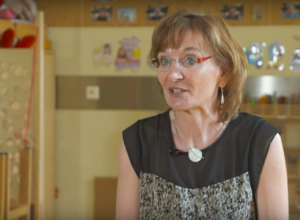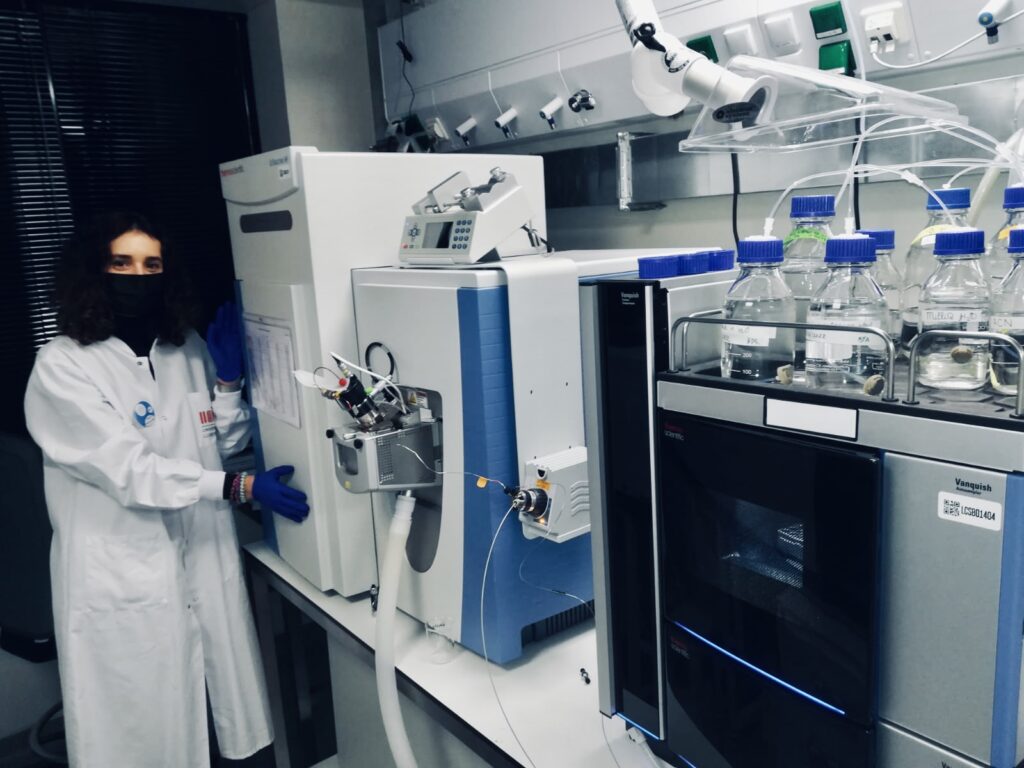January 2017
In early 2017, a small exhibition in Luxembourg City highlighted a selection of ‘WiSE – Women in Science and Engineering’. Here we introduce featured researcher Dr Claudine Kirsch, educationalist in languages at the University of Luxembourg and Principal Investigator on a recently-launched project funded by the FNR’s CORE programme.
Claudine Kirsch started as a primary teacher in Luxembourg, after which she was a research assistant at the University of Luxembourg – before spending 8 years as a Lecturer in Education at the highly-ranked Goldsmiths University of London. She finally returned to Luxembourg in 2012 where she was appointed Associate Professor at the Faculty of Language and Literature, Humanities, Arts and Education at the University of Luxembourg.
Dr Kirsch’s research interests foreign language learning and teaching, language learner strategies, as well as multilingualism and bilingual first language acquisition.
Researching for an understanding of how children learn languages
Multilinguism is a challenge – especially for students from a migrant background. Dr Kirsch develops pedagogical concepts to help these students find their way in Luxembourg’s 3-language school system.
“60% of the 4-year old children do not speak Luxembourgish at home. International studies, such as the PISA study, show that they do not do as well in school. My research is more about understanding how children learn different languages and how educators and teachers can support them” – Claudine Kirsch
Together with her research group, Dr Kirsch developed the project iTEO, where students can record stories in different languages on an iPad, and then listen to and change the story, before showing their friends. In collaboration with the teaching staff, Claudine and her research group analyse how the children use the different languages and what the teachers can do to help deepen these learning processes.
Principal Investigator (PI) on new multi-annual educational project
In 2016, Claudine Kirsch secured a 300,000 EUR grant from the FNR’s CORE programme for the project ‘Developing multilingual pedagogies in Early Childhood Education’ (MuLiPEC), on which she serves as PI.
The MuLiPEC project began in May 2016 and runs until mid-2019. It addresses the need for the development of multilingual pedagogies in early childhood education. These are required to develop children’s many languages and to make the most out of the language diversity in Luxembourg.
In addition to analysing pedagogies around language and how professional development in these pedagogies can help improve educational practices. As part of the project, Dr Kirsch and her team are offering a professional development programme to teaching staff both in the formal (e.g. nursery) and non-formal (e.g. day care) education sectors, which follows the model of professional learning communities.
WiSE Women
Find out more about the exhibition ‘WiSE Women – Women in Science and Engineering in Luxembourg’
Find out more about the colloquium ‘WiSE – How can Luxembourg do better?’











